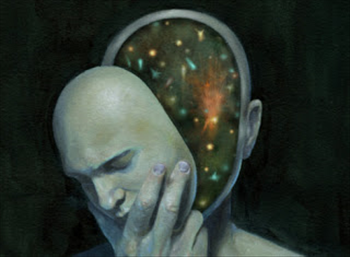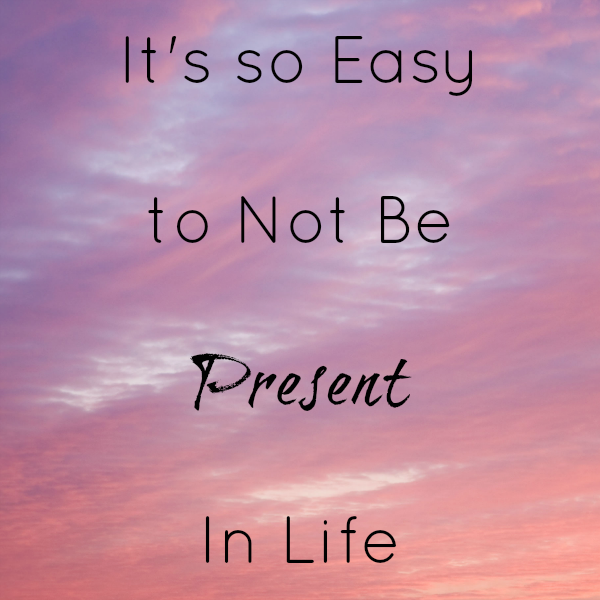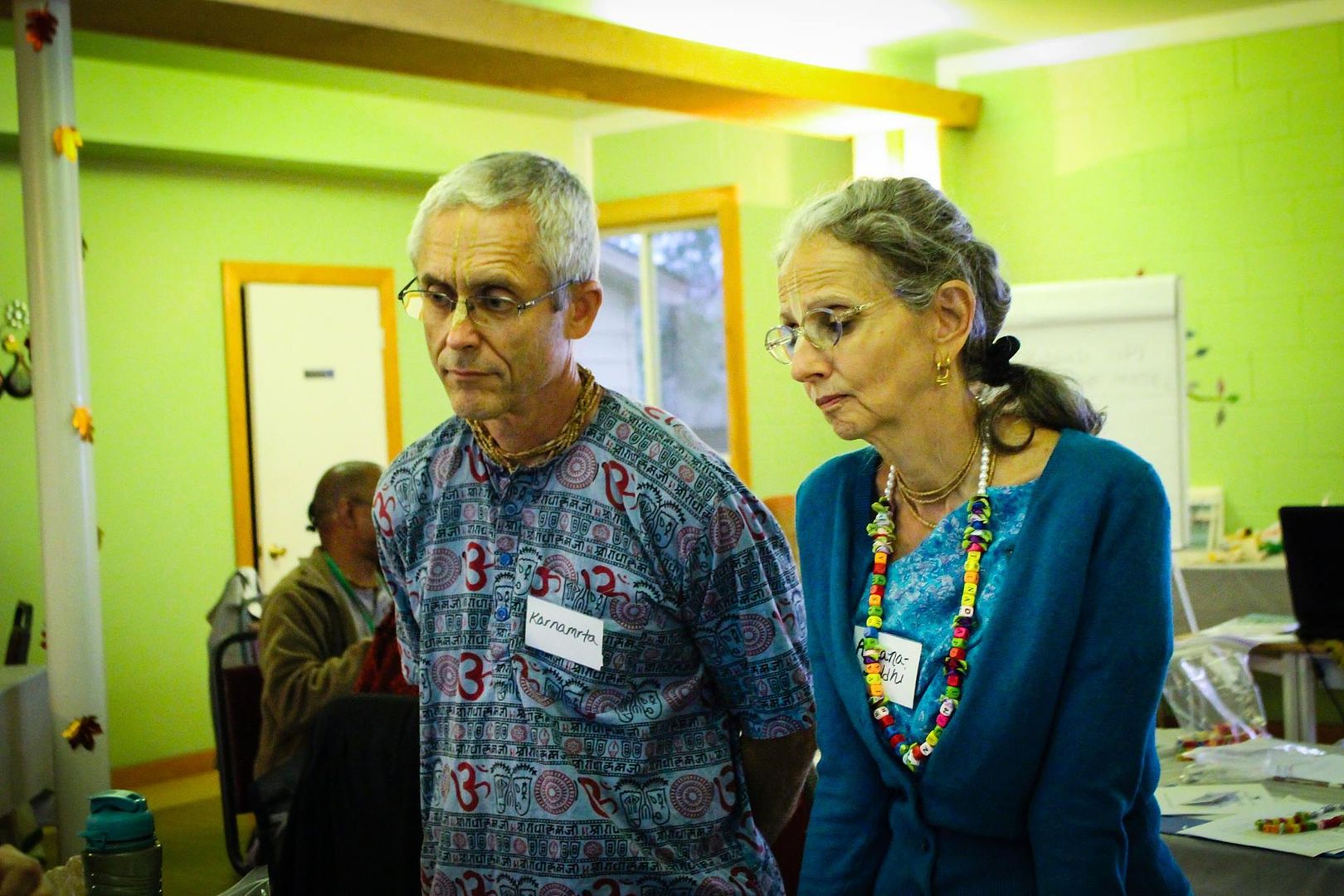WE SHOW WHAT WE LOVE BY WHAT WE GIVE OUR ATTENTION TO and WHAT WE LOVE IS WHO WE BECOME: Truth is simple, yet profound. Please join me in thinking about and unpacking these truths in a practical way. I find a number of applications both in a negative and positive sense. The idea that we demonstrate what we love by what we give attention to is another way of explaining the law of attraction, of which the ultimate purpose and expression of, is the principle behind meditation and the goals of bhakti. Another way of saying this is that what we focus on increases in power, or as Emerson taught, “We become what we think about all day long.”
If you feel that what you’re giving your main attention to isn’t what you really love, then you need to make some adjustments in your life so you CAN give attention to what you truly love. Just like some people say they love God, or their spouse, children, or family, but don’t give them any time or energy. As it is said, “Love is as love does.” We only have so much energy or power of focus, so we have to use it judiciously with the knowledge that we become what we are absorbed in and giving most of our energy to. Is our outer life congruent with our inner one? For many of us, our work is in this kind of honest introspection, for it holds the key to being all we are capable of, and reveals what we are here to do.

Some people, including a good number of devotees I know, are absorbed in being afraid to act and change, or in their past pain, hurts, or betrayal from important people in their lives. Those states of mind have come to define who they are, or we could say that their wounds have become their identity. Thus they can’t move on because they won’t let go. They are keeping their wounds open and bleeding, and thus nothing good can come into their lives. Again, we only have so much energy, and it takes energy to keep alive old wounds or the pain from the past.
This fact may be unconscious and we can’t understand why we are so unhappy or stuck, so we may need help in sorting it all out to enable us to live in the present, and be positive, loving, happy, spiritually oriented people. We aren’t our past story or what has happened to us, though naturally it is part of who we are. Never the less, we have to come to terms with it, and be able to move on. Out with the old and in with the new.

Spiritual life involves new acceptance and elimination of the unessential or unhelpful. A big part of our healing is the understanding that we are souls having a human experience, that our happiness is within our soul and its serving nature, that we’re so much more than our history in this body, that God is a loving, beneficent force and friend trying to help us, AND that as part of Him, the Supreme Lovable person, we are also lovable and good by nature regardless of our present material imperfections. He is not to blame for our perception of who we are. Our perception, or interpretation of reality, is our self-concept or how we define ourselves, and our self-concept determines how happy or miserable we are.

WHAT WE LOVE CAN REVEAL OUR OCCUPATIONAL DIRECTION and PEOPLE WHO LOVE SOMETHING ARE THE BEST TEACHERS ABOUT IT: This is another simple, profound truth, and yet for me, and perhaps others, naming what we love can be a challenge. Personally, growing up, I came to see love as a meaningless word. First of all, I was so emotionally shut down, or out of touch with myself as a defense to a violent home, I never felt the emotion, and only officially, occasionally used it.
Then, when my mother—from my perspective—left me with my alcoholic father, when I visited her she would say she “loved me.” I questioned what kind of loving person would abandon me. After talking up the path of bhakti at 19 and living as a single monk, I also imbibed a further view that love was only for Krishna, and anything else was lust.
So in a sense, love became like a four letter, or curse, word, reinforcing my previous negative association with it. It represented attachment and bodily consciousness, and we “weren’t the body,” so it was to be avoided. We didn’t want to be sentimentalists! As it turns out this is a very shallow understanding of bhakti, and is an incomplete view our teaching more akin to the impersonalist path of jnana which stressed renunciation and detachment for their own sake.

However, since I was with other inexperienced persons, many of whom were recovering from the acute distress of living a materialistic life, and from relationships which were not centered on God, it was a natural response to the lifestyle we were trying to transcend. Many perspectives or practices may be good for a while, but not for all time, and some are our life, like hearing and chanting about Krishna
After I first moved out of the temple in search of my material self, healing from my past, and finding my calling, I used to listen to motivational speakers. I greatly appreciated their teachings, but I got to the point of trying to apply them to my life, and I came up short. I would hear, “Live with passion,” from Tony Robbins, and I would draw a blank. This was partially due to my past as I outlined above, but also my particular mellow, laidback personality. Thus it has taken me a long time and much personal growth work and sadhana to really understand what I “love” to do.

Now, love can be used very cheaply too, like “I love ice cream,” but if we can go deeper in personal maturity we can uncover what moves us to action, what we are stimulated to think about, or what we're enthused (i.e. love) to do with our time. To me this is essential in uncovering our gifts and life work. There is a book with the title, “Do What You Love, The Money will Follow,” which expands on this. Generally we will only excel at what we love to do, and this is one of the many secrets of a fulfilling life.
My hope is that you will spend some time with this idea, especially if you are searching to better understand yourself and what you are meant to do as a way to serve God, or Krishna. What we love is also our “fun.” So to me, my fun is sharing this with you and ideally seeing how you apply it and are transformed in the process.

Comments